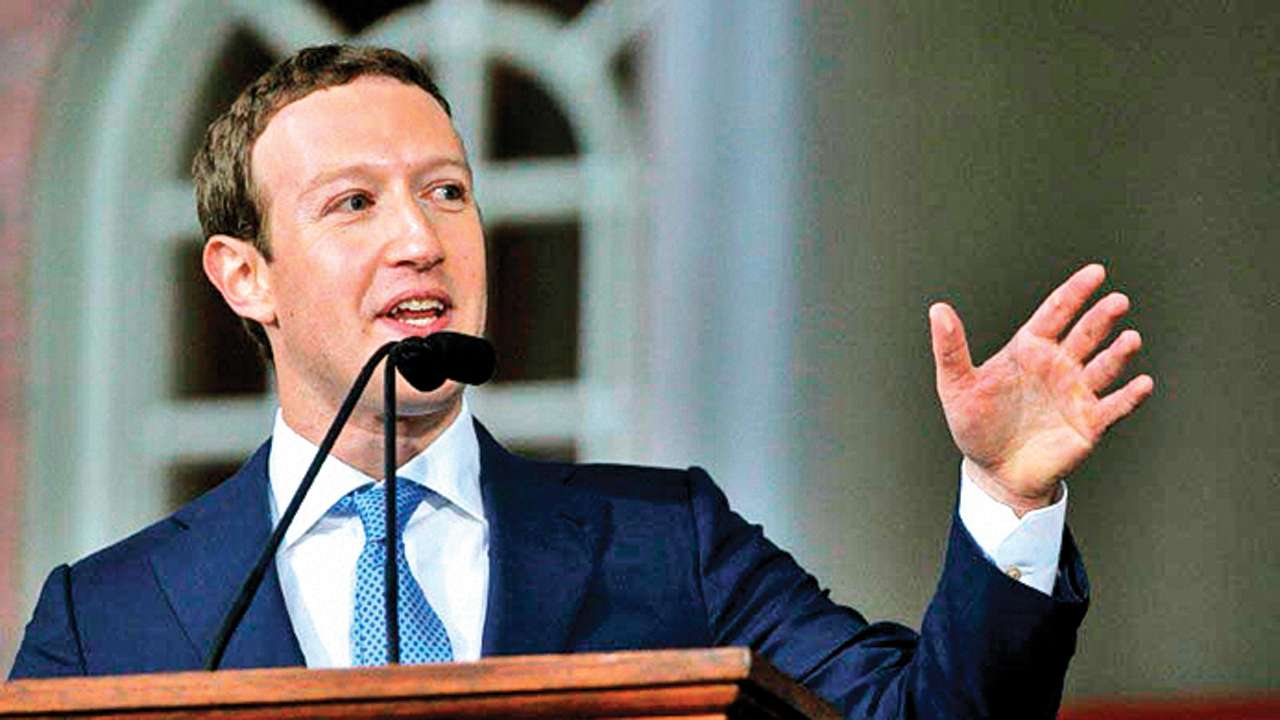
Some months ago, I was at a security-related conference in the capital of a neighbouring country. At my table, one evening I met a British gentleman who described himself as a political consultant. I asked him what exactly he did. He said that his company helped its clients win elections. “In Britain?” I asked, a bit startled. “No; any part of the world.” “But how?” I persisted. He replied with a wry smile, “Let’s just say that we have special expertise.”
Little did I know that the special expertise that my chance acquaintance boasted of might be of the kind that Christopher Wylie, the Cambridge Analytica whistle-blower, revealed: “We spent $1m harvesting millions of Facebook profiles.” According to Wylie, the Russian-born, Cambridge based psychologist-cum-data scientist, Aleksandr Kogan, created an app that enabled the company to harvest personal details of some 30 million Facebook users. The app was disguised as a personality quiz which Kogan’s company, Global Science Research (GSR), developed. The data collected was allegedly used to influence US voters to elect Donald Trump.
As a reluctant and late entrant into the fascinating world of SM, I am hardly surprised. Millions of people the world over spend thousands of hours — which works out to years of their lives in virtual reality, inhabiting a mediascape whose relationship to the real world is deeply troublesome. SM has become a way to feed or alleviate their vital needs, desires, fears, wishes, concerns, and compulsions. No wonder there are also many smart, albeit unscrupulous, people looking for ways to profit from it.
In this case, the lid got blown off when Alexander Nix, Cambridge Analytica boss, was caught on camera in an undercover sting operation, bragging of his expertise in swinging elections through honey-traps, sex scandals, fake news, and so on. Soon the company’s questionable practices were linked to President Trump’s campaign, with allegations that the data from Facebook was misused to influence US voters.
Cambridge Analytica issued a denial: “This Facebook data was not used by Cambridge Analytica as part of the services it provided to the Donald Trump presidential campaign; personality targeted advertising was not carried out for this client either.” It also accused the news channel of “entrapment and mischaracterisation,” blaming them for editing and distorting the conversations. Earlier in the week, the company suspended Nix pending the outcome of an independent investigation.
Mark Zuckerberg, Facebook founder and CEO, the bigger fish by far, had to swing into damage control mode too. He tendered an apology to another leading news channel over the “breach of trust” and, in a FB post, admitted, “We have a responsibility to protect your data, and if we can’t then we don’t deserve to serve you”. But FB stock took a hammering and fell by nearly 10%. There’s a #DeleteFacebook movement that is gathering ground.
Zuckerberg has been under fire earlier for supposed laxity about the security of personal information on FB and its vulnerability to third-party software developers.
Political leaders and government officials the world over have expressed concern about this mode of data harvesting as well as its power to influence people. After US, UK, Australia, Nigeria, and Sri Lanka, it was soon India’s turn to be caught in the Data Analytica aftermath. Both the BJP and the Congress have been fighting bitterly in MSM over who was actually helped by Ovelano Business Intelligence (OBI), the Indian affiliate of Cambridge Analytica. Senior BJP leader and Union Law Minister, Ravi Shankar Prasad, himself jumped into the fray, accusing the Congress of using the services of data-analytics companies, linking these directly with Congress President Rahul Gandhi’s SM profile and campaigns. The Congress struck back, with its spokesman Randeep Surjewala reportedly calling the Law Minister a “lie Minister.”
Let’s face it: winning elections is big business. Consultants, fixers, deal-makers, lobbyists, and middlemen have always been a part of our political landscape, but what is new is the power of technology to influence the minds and hearts of voters. Now marketing professionals, media managers, and data analysts have joined political psychologists, psephologists, analysts, journalists, and expert commentators.
Should that worry us? If we were a smaller country, the answer would clearly be “yes.” Money, media, manipulation — all these can make a huge difference in smaller countries, sometimes delivering power to order. But India is somewhat of an unpredictable behemoth, the largest and some would say the greatest democracy in the world. To rig an election using new technologies and techniques is not that easy. Moreover, our electorate is so diverse and complex that one size fits all will not work here.
Yet, there is no doubt that it is the power of the narrative that influences political outcomes. Once the people buy the story, the party that peddles it is sure to capture political power. Repeatedly, we notice how the power of narratives is shaping people’s behaviour. All the more reason for states to protect citizens’ data and regulate its use. Information theft and illegal snooping must not be allowed to distort or destroy our democracy. But when it comes to dirty tricks, these are hardly likely to stop. In politics all that matters, in the end, is winning; if data — big or small — help, we can be sure that it’ll play its part, whether obtained legitimately or unethically.
The author is a poet and professor at JNU. Views expressed are personal.